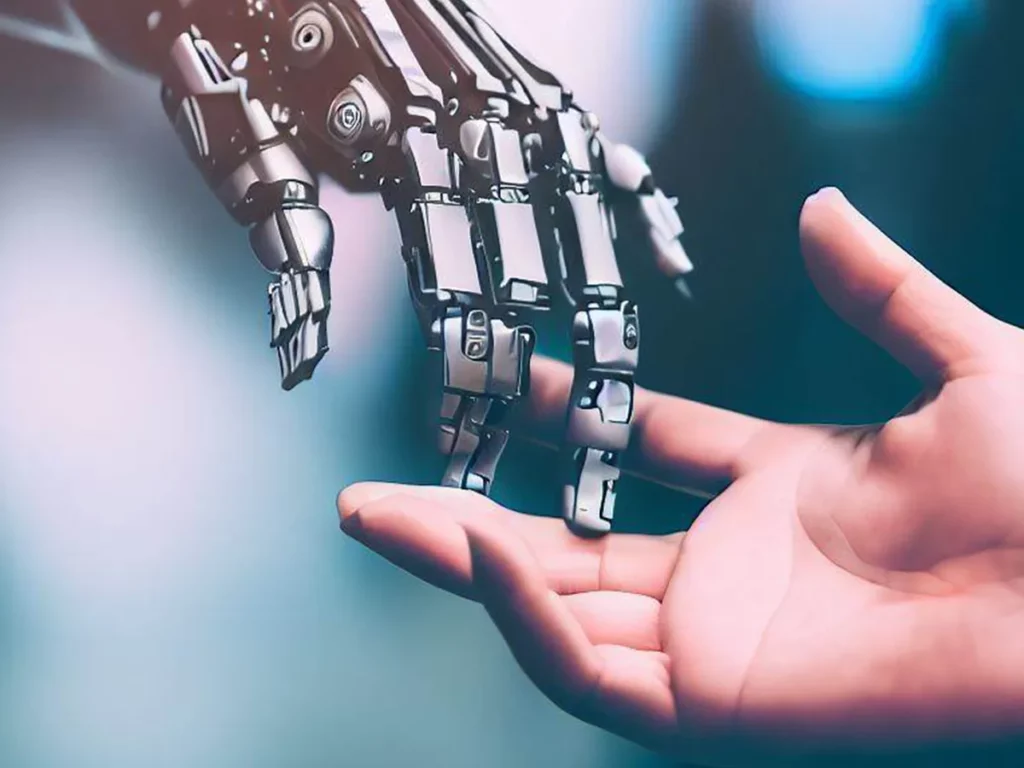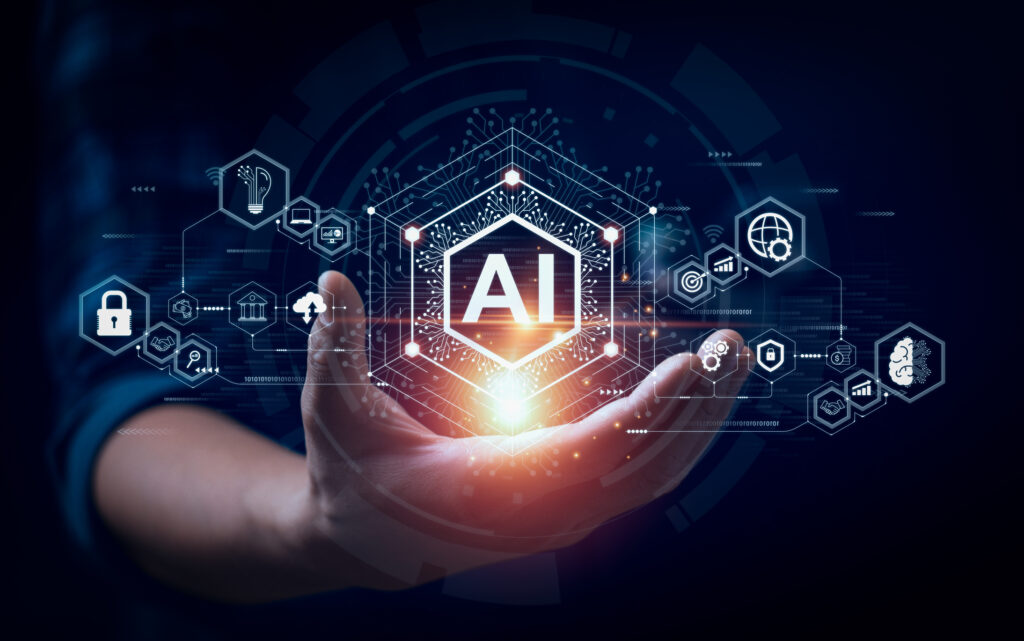Artificial intelligence (AI) is rapidly evolving and has the potential to revolutionize many aspects of our lives, including the workforce and research.
Impact on jobs
AI is already having a significant impact on the job market, and this trend is expected to continue in the years to come. Some jobs that are easily automated, such as data entry and customer service, are already being replaced by AI-powered tools. In the future, AI could also automate more complex tasks, such as medical diagnosis and legal analysis.
The impact of AI on jobs will vary depending on the industry. Some industries, such as manufacturing and healthcare, are more likely to be affected by AI than others. However, no industry is immune to the potential impact of AI.

Impact on research
AI is also having a major impact on research. AI-powered tools are being used to automate tasks, such as data analysis and experimentation. This is freeing up researchers to focus on more creative and strategic work. AI is also being used to develop new research methods and technologies. For example, AI is being used to develop new drug discovery methods and to design new materials.
Jobs and research that will be affected the most
The jobs and research that will be affected the most by AI are those that involve repetitive tasks, data analysis, and pattern recognition. Some of the specific jobs that are likely to be affected include:
- Data entry clerks
- Customer service representatives
- Medical transcriptionists
- Legal assistants
- Financial analysts
- Researchers in the fields of natural language processing, machine learning, and computer vision
The research that is likely to be affected by AI includes:
- Drug discovery
- Material science
- Climate change research
- Artificial intelligence research itself
The impact of AI on jobs and research is still unfolding. However, it is clear that AI has the potential to revolutionize both the workforce and the way we conduct research. It is important to be aware of the potential impact of AI so that we can prepare for the changes that are to come.
Some additional thoughts on the future of AI
In addition to the jobs and research that are mentioned above, AI is also likely to have a significant impact on other areas of our lives, such as education, healthcare, and transportation. For example, AI-powered tutors could help students learn more effectively, AI-powered doctors could provide more personalized care, and AI-powered self-driving cars could make transportation safer and more efficient.
The future of AI is uncertain, but it is clear that AI has the potential to change our world in many ways. It is important to be aware of the potential impact of AI so that we can make informed decisions about how to use this technology in the years to come.








